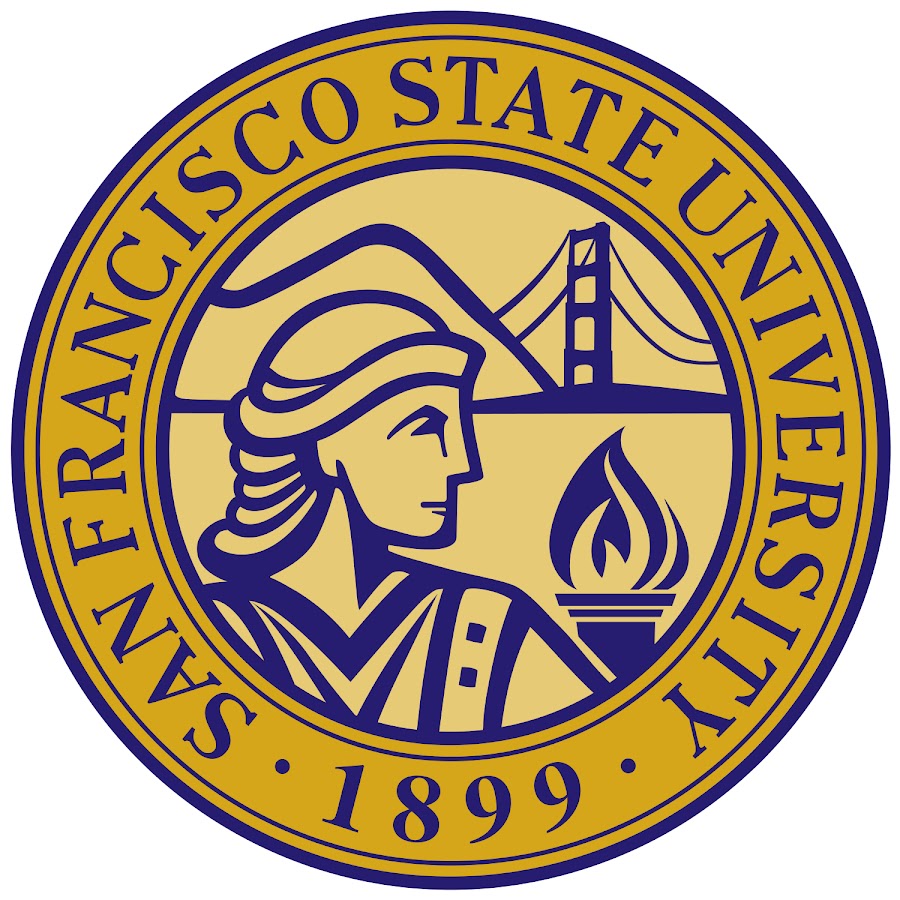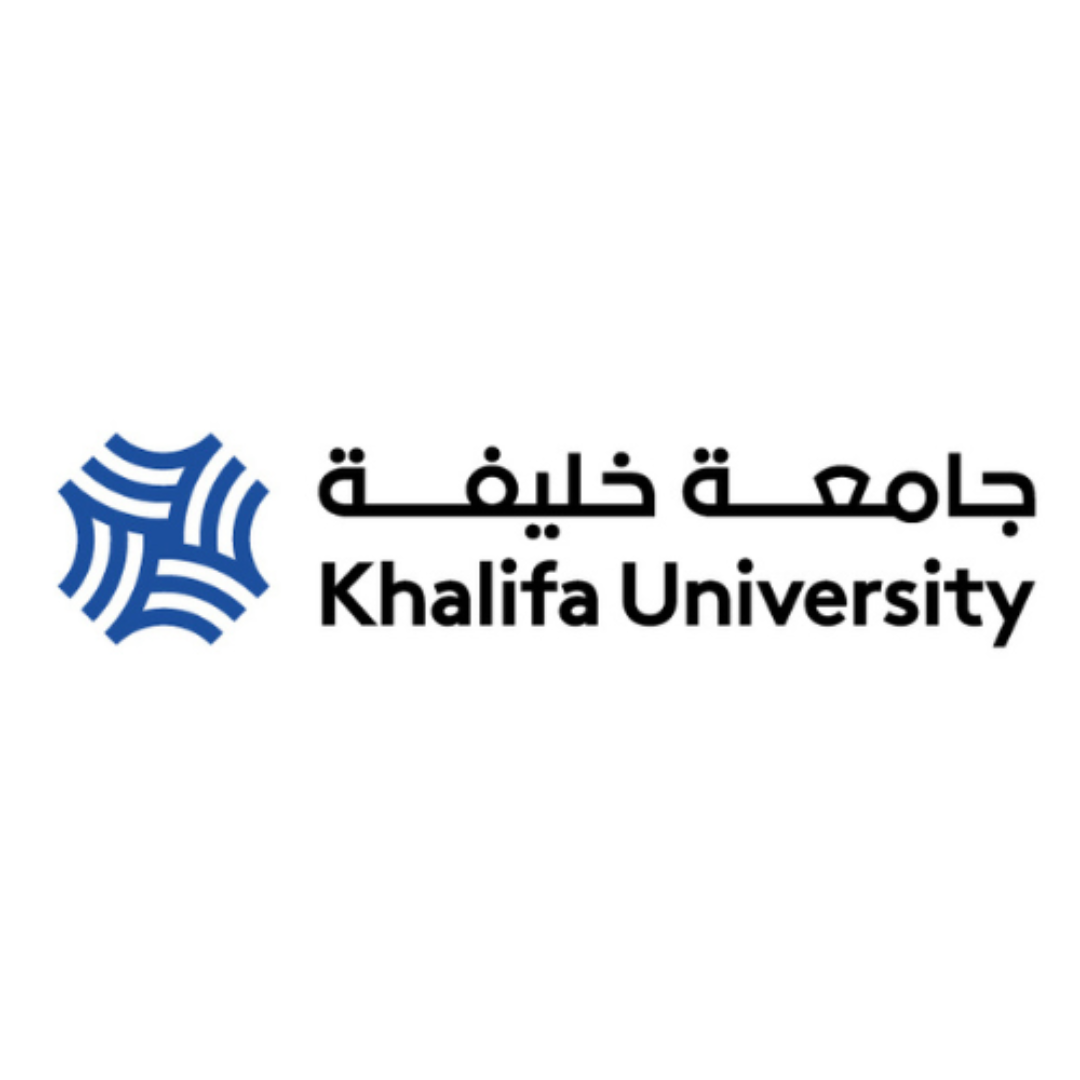Computing topics include basic web authoring and the operation of computing hardware and software, moving on to studies include exploring the Windows and Unix/Linux system administration, data security and the operation of networks.
This course can also be studied part-time (day release only). Please contact us for more information.
Study abroad
It is always possible to augment your studies and broaden your horizons by learning a new language and prepare for the best international opportunities. You can find out more on learning a language and studying abroad through on our study abroad at UWS webpage.
Computing @ UWS
UWS has been delivering career-focused computing degree courses for nearly 50 . Computing courses at UWS are designed in collaboration with leading companies to produce work-ready graduates with the skills that industry needs.
We work with major industry leaders to give our students work-based learning opportunities to put their knowledge into practice. Our students graduate ready for career success in this fast-changing, dynamic industry.
Year 1
Computing topics include basic web authoring and the operation of computing hardware and software as well as the fundamentals of networking.
Year 2
You will examine networking infrastructure, such as routers and switches and undertake a group project or placement. At the end of second year, you will be ready to sit the industry-recognised CCNA certification.
Year 3
Studies include exploring the Windows and Unix/Linux system administration, data security and the operation of networks and preparation for your Honours project.
Year 4 (Honours)
You will study more advanced networking topics, including wireless networks, virtualisation, security and network automation, and undertake a network project designed to integrate your knowledge and skills.
Sandwich Placement (optional)
You may take a paid full-time placement over a minimum 36 weeks duration, leading to a sandwich award. This can be taken between 2 and 3 or 3 and 4.
In recent , students have undertaken placements with Baillie-Gifford, the Department for International Development and Peugeot-Citroen.
Teaching and Assessment
Given the practical nature of this programme, much of the class contact time is spent in the lab, with lectures and tutorials to present and underpin more theoretical areas. A wide range of assessments are used, including practical assessments, technical report writing, individual and group project work, presentations and (in later ) examinations.
Course Structure
Find out more about the structure, learning outcomes, compulsory and optional modules in this course.
BSc (Hons) Computer Networking Course Structure
Show less















